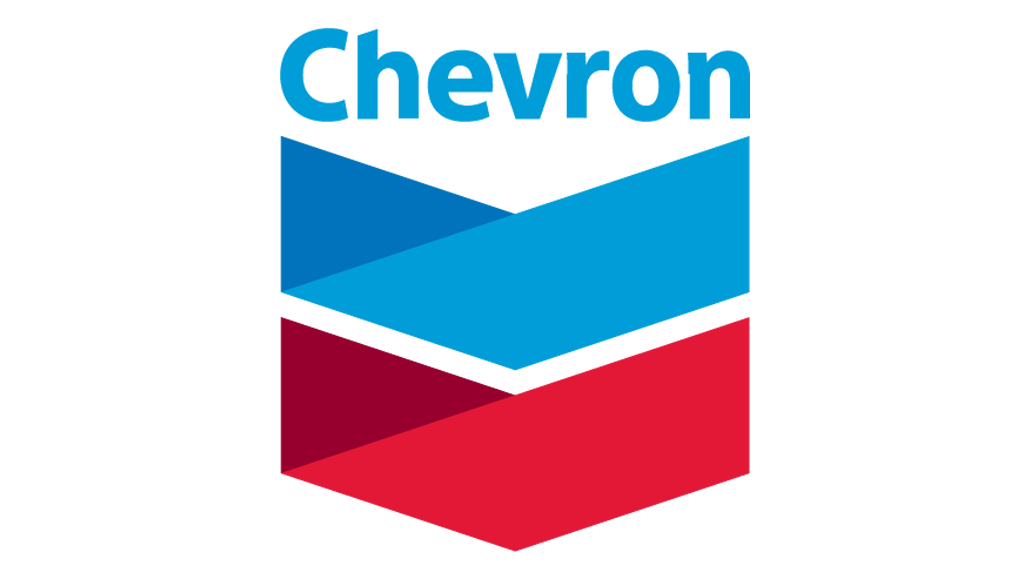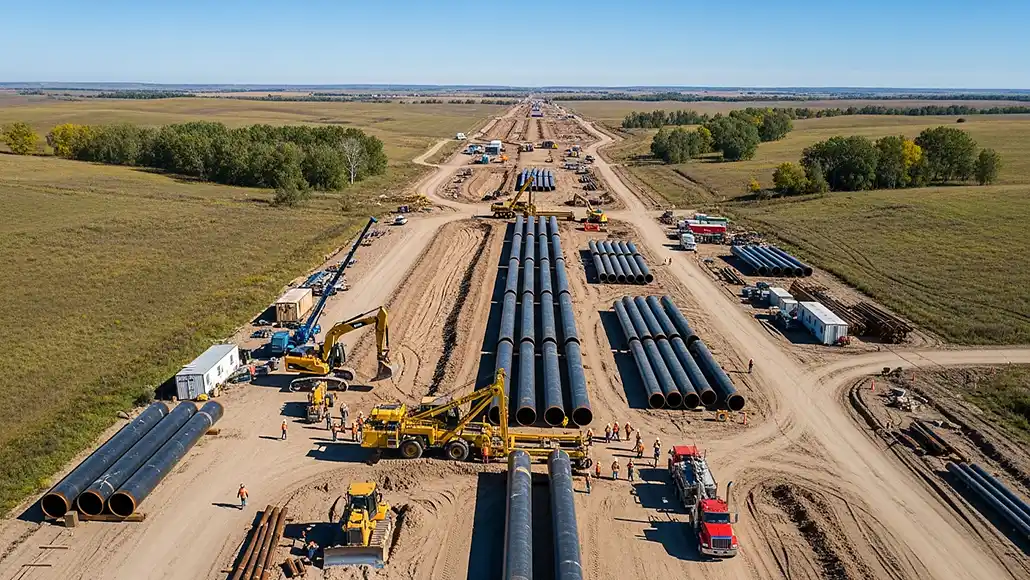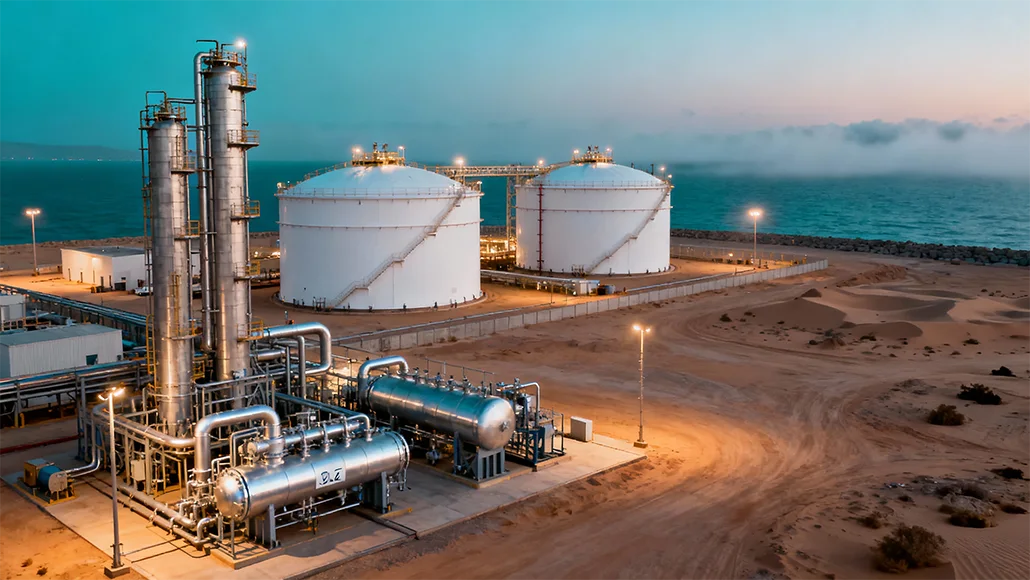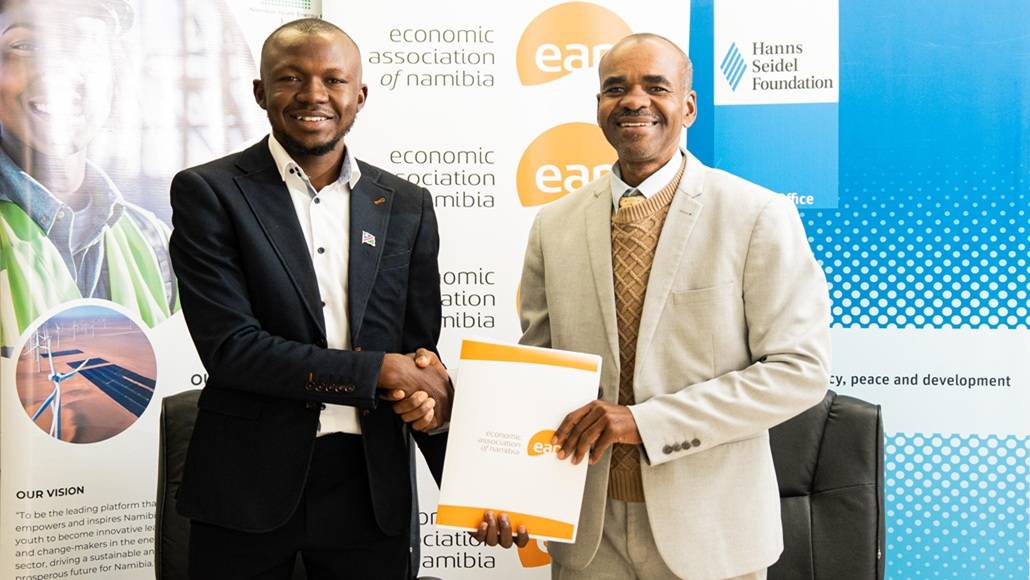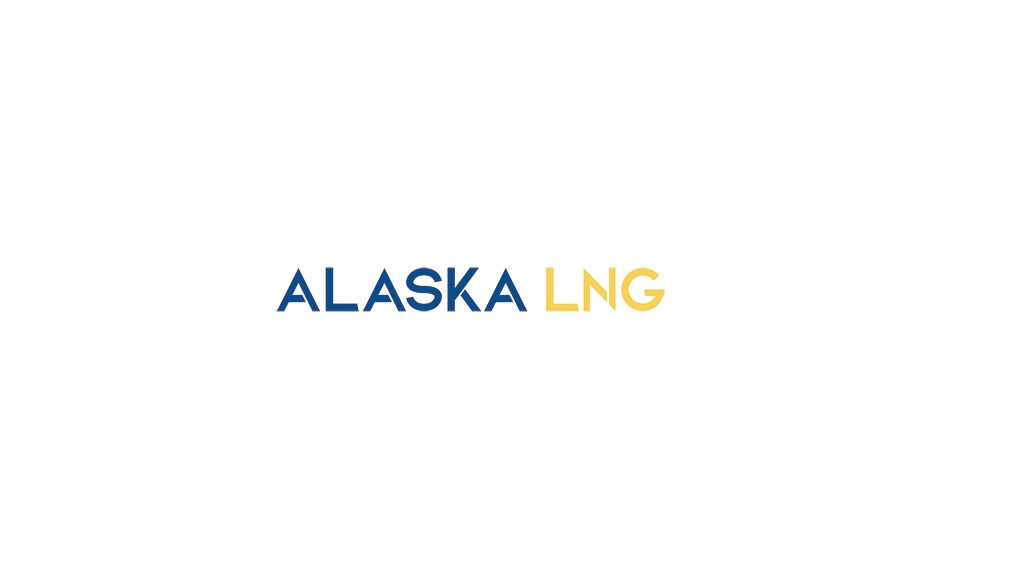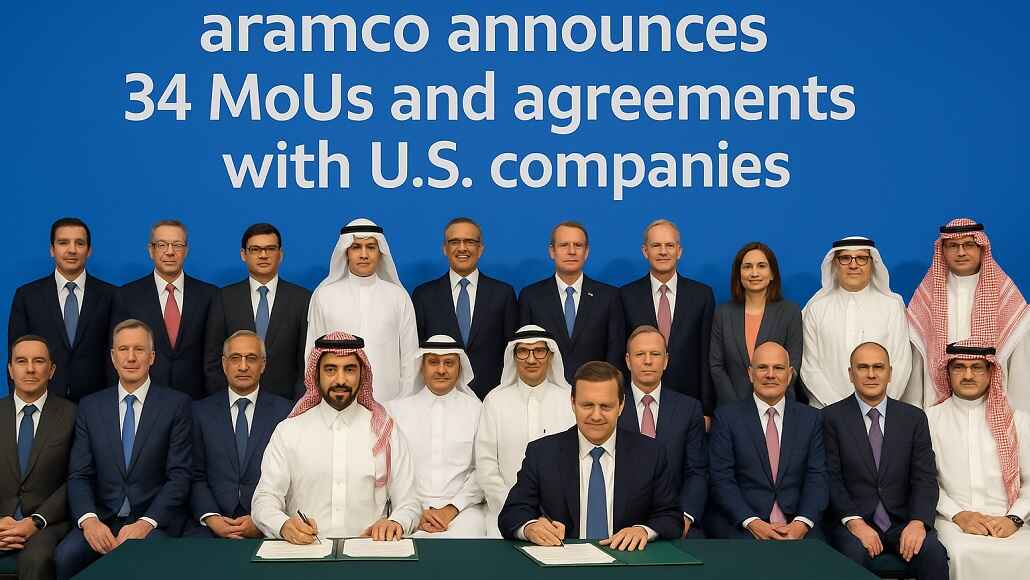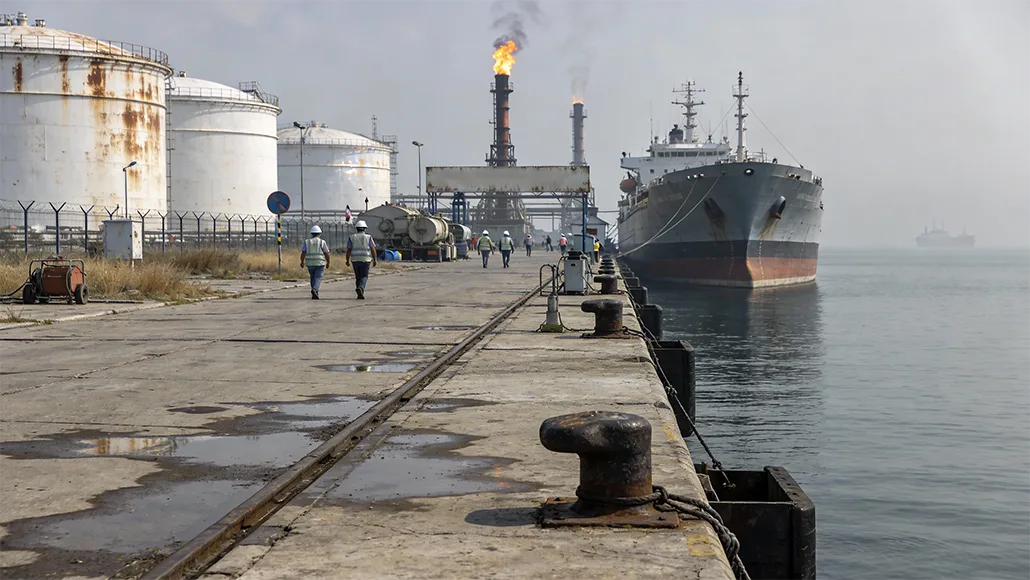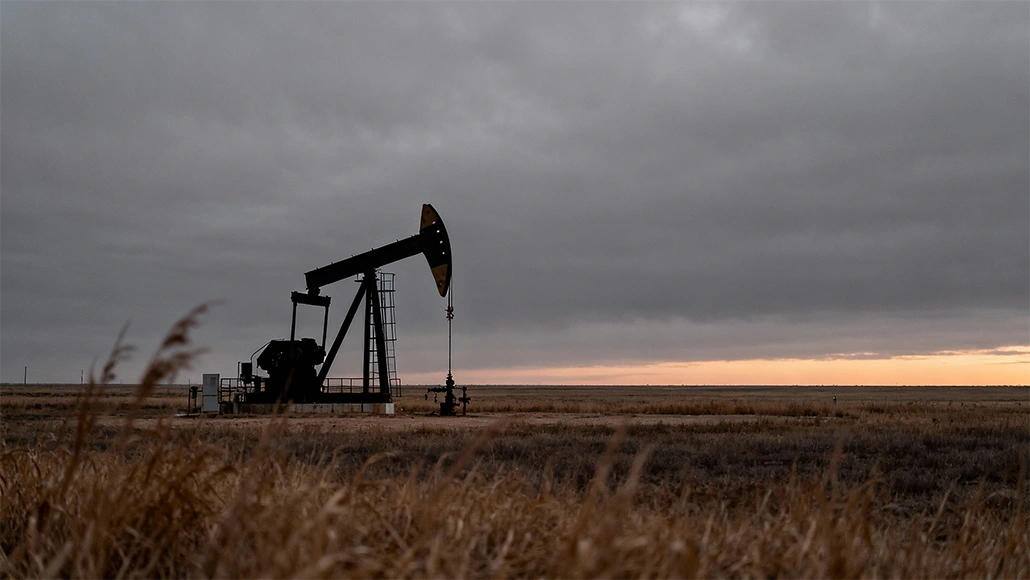A proposed new agreement between Türkiye and Iraq must include a mechanism to ensure the full-capacity use of the oil pipeline between the two countries, according to Energy and Natural Resources Minister Alparslan Bayraktar.
Ankara announced last week that the decades-long agreement on the Kirkuk-Ceyhan oil pipeline would end in July 2026 and an Iraqi official added that Türkiye had offered to expand the agreement to cover cooperation in oil, gas, petrochemicals and electricity.
Laying out Türkiye’s core demands of the Turkey-Iraq pipeline deal Bayraktar said the country was asking for a draft agreement to include “a mechanism to ensure full use of this pipeline,” which he said has never operated at full capacity.
“The note we’ve sent is along these lines,” the minister told reporters after a Cabinet meeting on Monday. “This pipeline has a capacity of almost 1.5 million barrels per day. There’s no flow at the moment. Even when it did flow, it was never at full capacity,” he said further.
Kirkuk-Ceyhan pipeline has been shut since 2023 after an International Chamber of Commerce (ICC) arbitration order, which is being appealed by Türkiye.
The ICC had directed Ankara to pay Baghdad $1.5 billion in damages for what it described as unauthorised exports by Iraq’s autonomous Kurdistan Regional Government (KRG) during 2014-2018.
Türkiye, on the other hand, said the ICC had recognized most of Ankara’s demands.
Several efforts to restart shipments have since been unsuccessful, including due to the disagreements between Iraq, the KRG and companies working in the region.
Extending pipeline to south
Bayraktar added that Türkiye’s proposal involved alternatives like expanding the pipeline south of Iraq.
“It (the pipeline) doesn’t have to be filled entirely with oil from Iraq. To reach those figures, the pipeline needs to reach the south anyway,” he said, adding that the deadline to agree on a new deal was July 2026.
Bayraktar emphasised on the Turkey-Iraq pipeline deal that Türkiye had greatly invested in making the pipeline functional in recent times, and added that he had informed Iraqi Oil Minister Hayan Abdulghani at an OPEC meeting that a full-capacity utilization mechanism should be included in the new agreement.
In a decision published in its Official Gazette last week, Türkiye said the existing deal dating back to the 1970s – the Türkiye-Iraq Crude Oil Pipeline Agreement – and all subsequent protocols or memoranda would be halted from July 27, 2026.
Bayraktar stated that they have given the Iraqi side a deadline until July next year, and said that signing the new agreement before this date would be beneficial.
The Turkish government has said the Development Road initiative – a high-speed rail and road connection from Iraq’s Gulf port of Basrah to the Turkish frontier and then to Europe – is a chance to take the pipeline south. Baghdad made the initial investment in the project in 2023.
New LNG deal with U.S. ‘possible’
Meanwhile, Bayraktar also said Türkiye is considering a new long-term liquefied natural gas (LNG) with the United States and continues discussions on joint oil and gas exploration as well as small modular reactors (SMRs).
“Joint exploration in oil and natural gas, as well as SMRs, are on the agenda. Especially since they are still ongoing, long-term LNG contracts are important. These are things that can quickly become concrete. (A new LNG agreement) It’s possible.
Officials from the Energy Ministry had previously stated that negotiations were being held with American companies regarding SMR technology.
Turkey plans to deploy 20,000 megawatts (MW) of nuclear power capacity to supplement its increasing renewable energy production, including 15,000 MW from large-scale power plants such as Akkuyu and 5,000 MW from SMRs.








